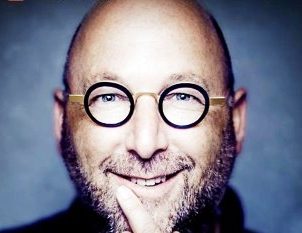
News

Need for expertise a contagious disease
HOWARD FELDMAN
There is, however, an additional factor that can’t be ignored: our COVID-19 education. In years gone by, we were hardly expected to have a working knowledge of cardiology.
We weren’t expected to be able to debate treatment protocols for lymphomas, and we wouldn’t be expected to be able to debate the pharmacological advantages of one drug regime over another. We wouldn’t receive alerts about research into vaccines and treatment, and would never be so bold as to post our medical opinion on Facebook unless we were actually qualified to do so.
On Saturday night, I received a link to an interview with some professor from Stellenbosch University. Although it hit my WhatsApp repeatedly, it was my wife who insisted that I watch it. Because she wouldn’t take no for an answer, I attempted to comply.
I struggled to get past the first minute as the interviewer was appalling, which is what I told my wife when I finally gave up. “It’s important,” she insisted, “We need to be knowledgeable about this.” Which sounded sensible, until I considered what she was saying.
It’s clear from our behaviour and the amount of time that we engage in learning about COVID-19 that we do feel the need to educate ourselves. The question is why.
To be clear, I’m not referring to obtaining knowledge about the behaviour of the disease, as that obviously informs our own behaviour, and will potentially protect us and our families against the disease. Rather, I’m referring to the details of the medical aspects of COVID-19 that would be unlikely to interest us if it were any other illness.
Our need could arise from a number of factors. It might simply be borne out of anxiety. Although knowledge protects us, there is the sense that the more we understand, the less scary it is. The more we read, the more we create the illusion that we are in control. That calms us and reassures us.
It might arise from our lack of confidence in the medical fraternity. Through no fault of their own, those on the frontline have been forced to learn through hands-on experience, and aren’t equipped with years of data, studies, and information about the behaviour of the virus.
As lay people, however, it’s easy to confuse lack of training about the specifics of this illness with lack of training in other areas that become relevant to the treatment of COVID-19. What follows is that we somehow feel that we need to “step up” our knowledge to assist in this area.
In no way am I advocating that we don’t educate ourselves. On the contrary, my weekly Sunday podcast with Dr Anton Meyberg attracts many thousands of viewers each week, and is designed to provide the latest information.
What I do suggest is that we become more discerning about our sources of the information, and that we don’t stress if we aren’t qualified as immunologists when this is all over.




